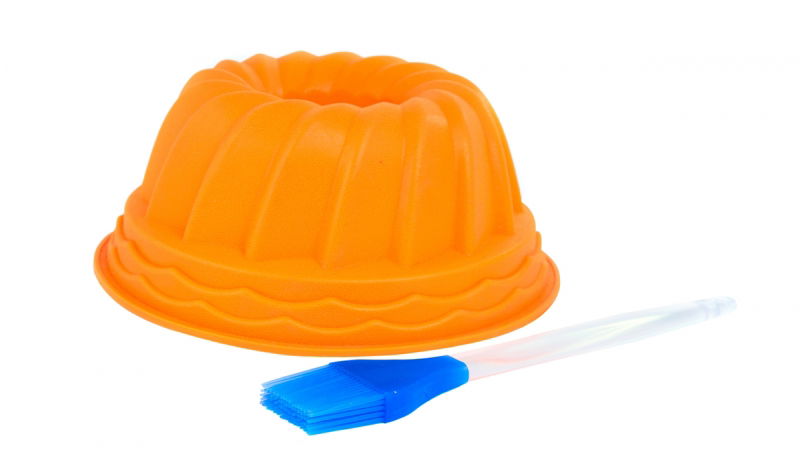



HK consumer watchdog finds 60% of silicone food containers with volatile organic matter
share on
The Consumer Council has tested 14 models of foldable silicone food containers and cups and 60% of them contained levels of volatile organic matter (VOM) that may damage liver health. The council said siloxanes are main VOMs found in silicone materials. When siloxane levels are in excess, they may migrate onto the food and affect food safety. It cited a study that the VOM limit for food-contact silicone products is 0.5%.
However, the test results revealed that a total of nine models exceeded the VOM limit, while only three food container models and two foldable cup models met the requirements. Among the models that exceeded the limit, six were food containers which had VOM levels from 0.76% to 1.3% for the body and sealing ring materials; the remaining three were foldable cups which had VOM levels from 0.8% to 1.4%. Only five models were found to contain siloxanes that did not exceed the German limit, including products from IKEA, Gemini, Ideale Chef, and two collapsible silicone cups from Stojo and Lifeventure.
As long-term contact with high dosages of siloxanes may adversely affect the liver health, the consumer watchdog urged that government to establish relevant standards to safeguard the health of consumers as Hong Kong has no regulations for the VOM levels of food-contact silicone or rubber products. Meanwhile, the Consumer Council also advised consumers that the lid of some products may be made from different plastic materials or come in different shapes and designs, and they could not be microwaved.
The Consumer Council suggested that several things consumers can take note of when using foldable silicone food containers and cups. For example, before purchasing, consumers can check the product labels for information or logos indicating compliance with safety standards or the symbol for food-safe materials. They can also thoroughly wash and clean new silicone products products before using.
Also, for microwave-safe food containers with an air vent on the lid, consumers are advised to keep the vent open during microwave heating to release the steam and prevent build-up of pressure.
Lastly, the council advised brands that product labels should display instructions for correct use and precautions in both Chinese and English to let consumers easily understand and use the product as intended so as to prevent accidents. Upon reviewing the labelling information, it was found that only five models displayed information in both Chinese and English; seven models had information in either English or Chinese; while two models did not bear safety warnings in Chinese or English. The council has passed the relevant information to the Customs and Excise Department for follow-up action.
Strengthen your omnichannel marketing capabilities today with MARKETING-INTERACTIVE's Omnichannel Marketing Asia on 23 November. Learn ways to build an evidence-based practice, up the ante on your strategies, and be head and shoulders above your competition. Click here to register today!
Photo Courtesy: 123RF
Related articles
HK consumer watchdog calls out operators for eVoucher unhappiness and complaints
HK consumer watchdog warn staycationers of misleading ad promotions
share on
Free newsletter
Get the daily lowdown on Asia's top marketing stories.
We break down the big and messy topics of the day so you're updated on the most important developments in Asia's marketing development – for free.
subscribe now open in new window
